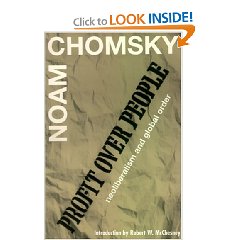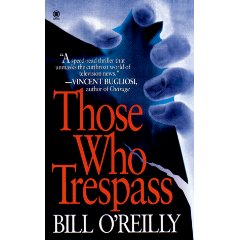Early on in the book the author-ambassador confesses to not knowing Arabic and to having had six months training in Arabic before reporting. This demonstrates two things clearly: first, that the Department of State is incompetent in Arabic affairs if it does not have legions of qualified officers fluent in Arabic from whom it can select an Ambassador and second, that obviously the language is not considered critical to the job if six months will suffice–just enough to get to the toilet, not enough to accept directions across town.
This book is a travel diary. I have annotated page 148 with the note: “substitutes travel for thinking.” There is no analysis in this book, no grasp of history, no real grip on the regional realities (other than a passing reference to the fact that water is going to be a cause of war in the future–something well covered in Marq de Villiers “WATER: The Fate of Our Most Precious Resource”. Neither de Villiers nor Michael Klare's “RESOURCE WARS: The New Landscape of Global Conflict” are cited by this book.)
At the very end there was a tiny glimmer of hope as the author began a chapter on working with the United Nations, and made it clear that the UN practice of allowing each of its agencies to appoint independent ambassadors to the same country, rather than subordinating all UN agencies to a single UN ambassador, was a big part of their problem. After three paragraphs, it became clear there was nothing else to be had from this chapter. I have the note “This is not a serious book.”
At one point in the book the author observes that neither Congress nor the U.S. public would allow the Administration to be more pro-active in Sudan. It immediately occurred to me that if this is true, then the Department of State has failed miserably, ignominiously, at informing the U.S. public of the true situation in Sudan, for any informed citizen would be sure to support extremely aggressive action against the (northern) Sudan despots and supporters of terrorism and genocide.











